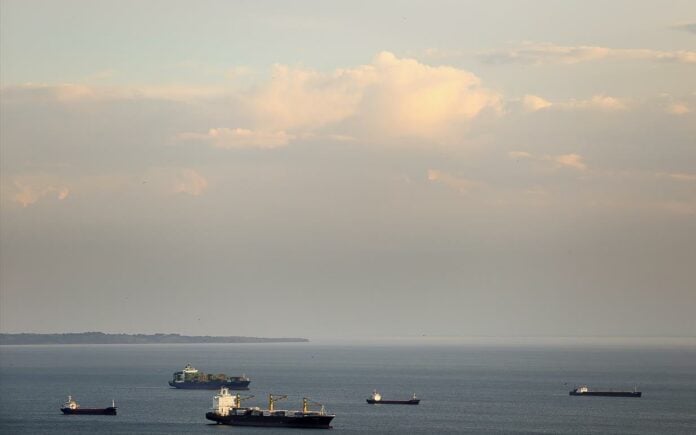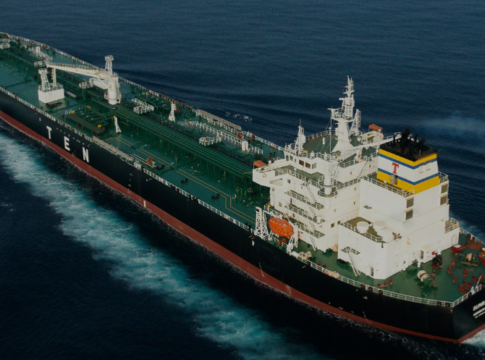By L. Karageoros & A. Tsiblakis
[email protected] – [email protected]
Greek-owned shipping interests and the primary union representing Greek seamen continue to clash over the labor regime governing some 5,000 Greek-owned vessels — a massive fleet that could ostensibly absorb tens of thousands of young adults in search of long-term and gainful employment.
The Union of Greek Shipowners (EEE) has offered to discuss a proposal based on the contract followed by the International Transport Workers’ Federation (ITF), whereas Greece-based unionists insist on retaining a 2010 collective bargaining agreement between the Panhellenic Seamen’s Federation (PNO) and EEE.
The collective bargaining contract affects Greek nationals employed on Greek-owned vessels.
On its part, the relevant shipping ministry has called on both sides to enter into a dialogue, while it is simultaneously pouring over the current legal framework to ascertain where the ministry can “intervene” in an issue involving so-called “social partners”.
In a first public statement, Shipping Minister Panagiotis Kouroumblis proposed that the basis of discussions revolve around the “German model”, which he said foresees salaries that are roughly 20 percent higher than the ITF contract.
The gravity of the issue, nevertheless, extends beyond the usually “rough-and-tumble” negotiations between employers and unions, as tens or thousands of young Greek nationals are currently unemployed or underemployed, while tens of thousands of foreign nationals serve as crewmembers on Greek-owned vessels, usually in lower ranked positions.
On his part, EEE president Theodore Veniamis expressed optimism that “baseless unionist obstacles”, as he charged, will be overcome, thereby allowing Greece’s massive shipping industry to absorb thousands of young adults from the Greek employment.
According to the shipowners, the idea over the past three years – amid the height of the punishing economic crisis — was to increase the number of Greek nationals serving as lower-ranked crew-members on Greek-owned vessels, but under one important condition, namely, that competitiveness would not be affected.
The shipowners’ proposal was accompanied by a Foundation for Economic and Industrial Research (IOBE), according to which the up to 300,000 new positions would be created in shipping-related sectors in the coming period.














